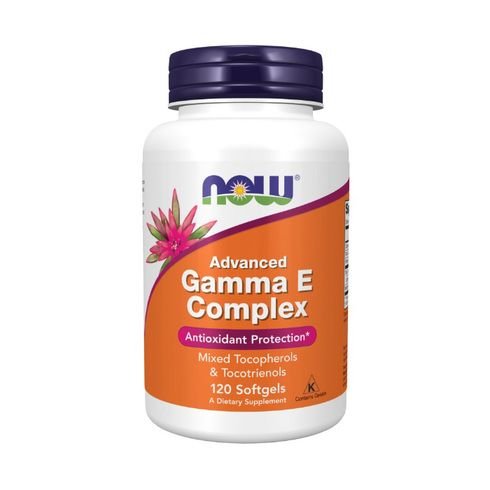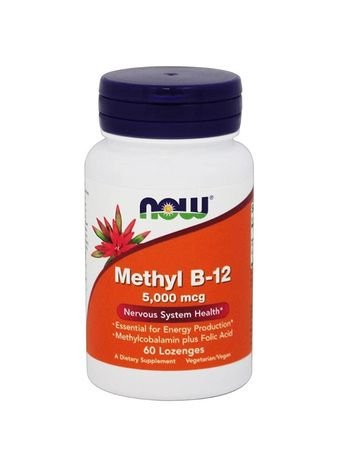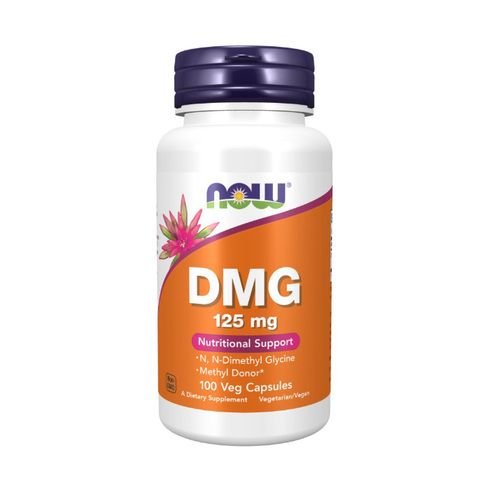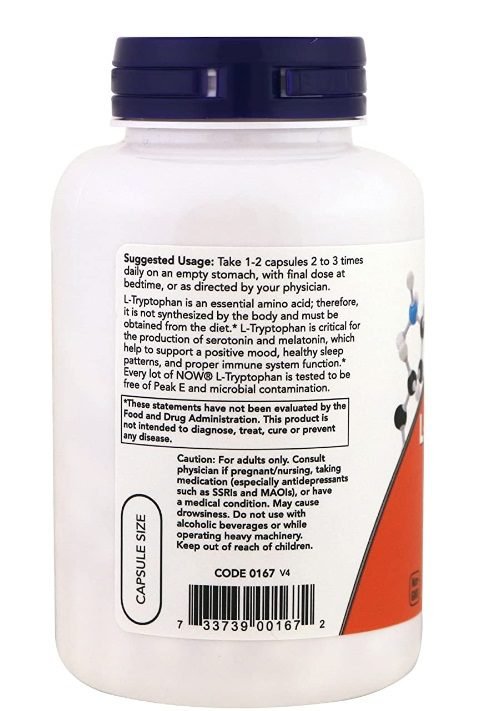
6 Strategies To Prevent Dementia Getting Lost
Getting lost is a thorn in the heart of dementia caregivers. When there is a dementia person in the family, the caregivers are always in fear, worrying that he will go out on his own and get lost outside.
Comprehensive prevention work can not only effectively prevent loss and increase the rate of finding, but also reduce the burden and psychological pressure of caregivers.
We will explain to you the 6 major countermeasures to prevent getting lost, and tell you what search actions to take when your relatives and friends get lost, so that you can deal with the situation calmly.
Six Strategies to Prevent Getting Lost with Dementia
1. Regularly take photos to record and observe behaviors
When a person with dementia goes missing, the police or search assistance unit will ask you to provide the lost person with photos, appearance characteristics and behavior habits as soon as possible. Therefore, in daily life, family members can observe the daily behavior and habits of the person with dementia, such as Whether it is easy to repeat specific words when speaking, whether there are specific body movements when walking, and regularly take pictures to record the appearance of the dementia, for example, take pictures once a week, so as to provide the latest and most accurate photos when lost.
The following information is the information that the police and search assistance units may ask you to provide. The more detailed the information, the higher the lost and found rate
Appearance and Personal Characteristics
- Height
- Blood type
- Weight, shape
- Hairstyle, facial features
- Wearing clothes, carrying items
- Whether there are moles, birthmarks, scars on the body
Behavioral and Cognitive Abilities
- Obvious behavioral traits
- Idiomatic language, vocabulary
- Handedness
- Literacy
- Vision condition
- Cognitive expressive ability
- Category of disability
- Other identifiable features
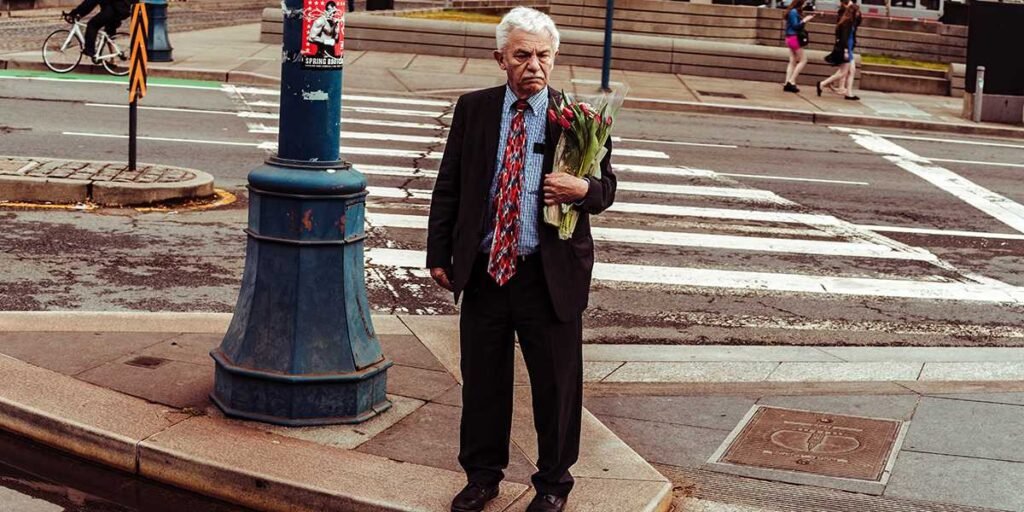
2. Increase the difficulty of entering and exiting the house
For patients with mild to moderate dementia, low cognitive ability but fair mobility, although they can walk around on their own, they can no longer normally recognize and remember the surrounding environment. Therefore, it is recommended to add door locks to increase the difficulty of entry and exit, or to reduce the recognition of the door by adding curtains with similar colors to the walls, placing items in front of the door, etc., so that it is difficult for the demented to detect where the door is and try to enter and exit.
Caregivers can also install sensors (such as commercially available sensors that will sound when people pass by) by the bedside, door or gate of the demented person, or add a bell, so that even if the demented person is not in sight , caregivers can also learn about the dementia from other parts of the home.
3. Let people with dementia wear notable clothing or accessories
Bright clothing or conspicuous accessories, such as brightly colored hats, hang tags or crutches, not only help the police or assistance agencies to find key clues for missing elders, but also make it easy for neighbors and helpful people who can identify the missing person easily.
4. Wear Dementia Alert Bracelet
- Dementia alert bracelet for men or ladies is the perfect medical ID bracelet for a man or woman with dementia as it can send alerts to their next of kin or contacts phone in the event they have an emergency or accident.
- The engraved faceplate of your dementia medical bracelet is a clasp type enclosure which reveals a compartment to discreetly store your medical details on a 100% waterproof medical ID card. Include the name, emergency contacts, medical conditions and medications of the dementia patient that wears the bracelet.
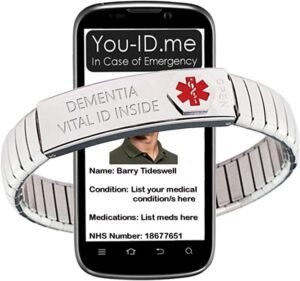
5. Herbert Protocol for people with dementia at risk of going missing
People with dementia can sometimes start to wander. This might only be into the garden or street for a short time, but sometimes people get lost and go missing.
Carers, family or friends of a vulnerable person, or the person themselves, can fill in a Herbert Protocol form in advance, containing information to help the police if the person goes missing.
Herbert Protocol form (PDF 529 KB)
Keeping a completed form means you don’t have to try to remember the information when you are under stress if someone goes missing. And it saves time, so we can start the search sooner.
More detail please visit
Metropolitan Police for Missing Person
6. Wearing GPS trackers for dementia
Although the function of dementia alert bracelets can increase the chance of finding a demented person after they go missing, the GPS tracker can further grasp the whereabouts of the lost person, making the search operation from passive to active.
There are many types of GPS locators in the market. Some have single functions and are small in size, which can be placed on shoes and keys. There are also smart watches, which can be linked to mobile apps and query historical tracks. And set multi-functional positioners such as electronic fences.
The GPS locator can effectively shorten the search time and reduce the possibility of accidents, so that caregivers do not have to worry about the loss of the elderly every time, shuttle in the streets or be anxious at home, etc.
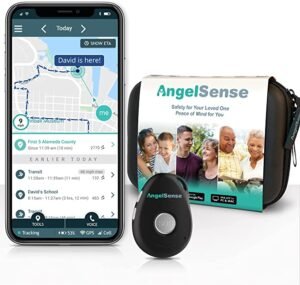
Here’s what you can do if a family member is lost
When a demented relative or friend disappears, the family members will inevitably feel flustered and worried. At this time, it is necessary to calm down, seize the prime time when the person has just disappeared and is the easiest to find, prepare documents, and report to the police station.
There is no need to wait 24 hours to report the loss of a demented person, so you should report it immediately when the demented person is lost. Don’t feel troublesome and think that the missing person will come back after a while, so you miss the best time to find the lost person.
Before going to the police station, please prepare the following materials and important information
- Documents: The identity documents of the reporter and the missing person, such as ID card, household registration book or disability handbook
- Photos: Clear and recent photos from all angles, such as half-length and full-body shots, etc.
- Dementia alert bracelet: Inform the police of the bracelet number
- Herbert Protocol form copy: bring a copy of the registered form for the police to easily find the file.
- Search for clues: explain the missing time, location, hairstyle, clothing, height, face and facial features of relatives and friends.
After reporting the case, please be sure to take any document of receipt to prove that you have reported the missing person.
Books for Taking Care Dementia – Click the Book to Buy
What I Wish People Knew About Dementia
What can a diseased brain tell us about being human, living our own lives better and helping those with dementia get the best from theirs?
When Wendy Mitchell was diagnosed with young-onset dementia at the age of fifty-eight, her brain was overwhelmed with images of the last stages of the disease – those familiar tropes, shortcuts and clichés that we are fed by the media, or even our own health
Somebody I used to Know
How do you build a life when all that you know is changing? How do you conceive of love when you can no longer recognise those who mean the most to you? A phenomenal memoir, Somebody I Used to Know is both a heart-rending tribute to the woman Wendy Mitchell once was, and a brave affirmation of the woman dementia has seen her become.
Understanding Behaviour Dementia Challenges
As people grow older, their physical and psychological needs become more complex. Unmet needs often result in challenging behaviour, particularly if the person suffers from dementia. Ian Andrew James looks beyond the behaviour itself to the causes behind it, suggesting both medical and non-pharmalogical approaches to lessening suffering and improving quality of life
Supplement to Improve Dementia
-
Benefit of Vitamin E
- Beneficial for non-alcoholic fatty liver disease NAFLD
- Prevention of prostate cancer
- Beneficial for blood lipid regulation
- Decreases inflammation: C-reactive protein
- Reduce the risk of senile cataracts
- Beneficiary to myocardial infarction.
- Beneficial for dementia (especially Alzheimer’s)
- Beneficial for seasonal allergic rhinitis
-
1. Maintain Heart Health
2. Treat Mental Illness
3. Help Lose Weight
4. Support eye health
5. Relieve rheumatoid arthritis symptoms
6. Maintain skin health
7. Helps baby vision and hand-eye coordination
8. Reduce liver fat
9. Improve symptoms of depression
10. Improve ADHD in children
11.Improve memory in the elderly
12. Improve asthma symptoms and allergy risk
13. Improve bone health
Supplement for Brain Health
-
Benefit of Alpha-Lipoic Acid
- Scavenge free radicals, prevent skin aging, and improve skin damage
- Reduce and prevent wrinkles, improve skin luster and elasticity
- Improve dark circles and enlarged pores
- Lipoic acid regenerates vitamins C, E, coenzyme Q10 that have lost their antioxidant capacity, and enhances antioxidant levels
- Improve memory decline and promote brain health
- Lipoic acid helps maintain liver health
- Lipoic acid has a protective effect on the retina
- This product may help stabilize blood sugar
- Lipoic acid is extremely important for energy production
- Lipoic acid can regenerate by itself and has a long-lasting effect.
-
1. Promote methyl transfer
2. Promote the development and maturation of red blood cells, keep the body’s hematopoietic function in a normal state, prevent pernicious anemia; maintain the health of the nervous system
3. In the form of coenzyme, it can increase the utilization rate of folic acid and promote the metabolism of carbohydrates, fats and proteins
4. It has the function of activating amino acids and promotes the biosynthesis of nucleic acids, which can promote the synthesis of proteins, which plays an important role in the growth and development of infants and young children.
5. Metabolize fatty acids so that fats, carbohydrates, and proteins are properly used by the body
6. Eliminate irritability, concentrate, enhance memory and balance
7. It is an indispensable vitamin for the healthy functioning of the nervous system and participates in the formation of a lipoprotein in the nervous tissue
-
Benefits of Boron
- Anti-inflammatory effects.
- Help alleviate arthritis.
- Improve brain function.
- Has anticancer effects.
- Boronated compounds used in the treatment of several types of cancer.
- Maintain bone density.
- Accelerate the healing of fractures.
- Relieve rheumatoid arthritis symptoms.
- Adjusting your body’s natural production of testosterone and estradiol, a type of estrogen.
-
1. Improve immune system function.
2. Maintain the function of joint movement.
3. Balance normal blood sugar levels.
4. Rich in antioxidants to absorb harmful free radicals.
5. Helps maintain normal levels of cholesterol.
6. Maintain healthy lung function
7. Improve mental clarity
8. Reduce stress and overcome depression
9. Improve the sexual function and prevent erectile dysfunction.£18.91 -
Benefit of Maca
- It is good for bone health
- Improve Chronic Mountain Sickness
- Improves sperm quality and promotes fertility
- Improve female sexual dysfunction
- Beneficial athletic performance
- Improves erectile dysfunction
- Increases male sexual desire
- Boosts reproductive hormones such as testosterone
- Improves Cognitive Function
- Beneficial for Prostate Fat
Most Useful Accessories For Dementia
- ✔️ Dementia alert bracelet for men or ladies is the perfect medical ID bracelet for a man or woman with dementia as it can send alerts to their next of kin or contacts phone in the event they have an emergency or accident.
- ✔️ The engraved faceplate of your dementia medical bracelet is a clasp type enclosure which reveals a compartment to discreetly store your medical details on a 100% waterproof medical ID card (2x supplied). Include the name, emergency contacts, medical conditions and medications of the dementia patient that wears the bracelet.
- ✔️ Your expandable dementia ID wristband is supplied with a unique ID code that can be registered FREE with You ID Me – a leading emergency ID and alert service. The service lets emergency services such as police, paramedics and first responders quickly locate your emergency medical ID information and contacts and is FREE for life.
- ✔️ Your Dementia ID is beautifully made from high quality stainless steel with a highly polished finish and is available in three sizes. So whether you are a man or man with a small wrist size or a large wrist size the expandable bracelet is really nice and comfortable to wear.
- ✔️ You ID Me specialises in supplying its leading emergency medical ID bracelets to 1000’s of men and women with dementia patients all over the UK use the ID and alert service. Our gold service plan is provided FREE for LIFE with your dementia ID bracelet. You’ll also get a 90 day complimentary boosted period on our safest ID plan Platinum with 5x emergency alerts free!
- FREE SERVICE FOR 1st MONTH with easy activation on arrival. MONTHLY SUBSCRIPTION REQUIRED – £25/month (plus VAT) with a 1 year contract & includes SIM card, unlimited tracking, 60 voice mins per month, premium safety features, & more | Risk Free 30 DAY 100% MONEY BACK GUARANTEE | Guardian Kit Includes: GPS Device with Speakerphone, Soft Wearable Sleeve, Non-Removable Fasteners, Parent Key, Unlimited Live Customer Care Assistance | ACCURATE & RELIABLE Continuous, All Day, REAL-TIME GPS Tracking.
- SAFEST GPS TRACKER for autism, special needs & dementia -Only tracker with continuous all-day monitoring | Advanced Safeguard GPS for most accurate location – Know immediately if your loved one elopes & track them ASAP! ASSISTIVE SPEAKERPHONE: Talk to your child or listen in & make sure they’re ok – auto-answer for special needs, SOS call button to know when they need you. UNLIMITED Live Tracking, Customizable Geo-fence Safe Places, Guardians, Detailed Location History, Transit History,& More.
- INTELLIGENT iALERTS with intuitive routine learning – Only with AngelSense – Get alerts when potentially dangerous situations occur: Early Departure, Unexpected Places, Late Arrival, Late Departure. SAFE RIDE MONITORING: Exact Route, Max Speed, ETA, Unexpected Delays & Stops – Know if they miss the bus, don’t get off at the right stop, or the bus is delayed or broken down. Other GPS devices only provide alerts when leaving a preset geofence, we monitor your loved one anywhere and everywhere!
- EMERGENCY SEARCH TOOLS to quickly activate a search and rescue team, send a temporary live map link to First Responders, 911 dispatch, police officers, babysitter, neighbors, etc, see where you are in relation to your loved one and get directions, ALARM to hear where they are if hiding or lost in a crowd. WELL-BEING features like Step Counter, Listen-In, Location Activity Playback, etc. SCHOOL DASHBOARD for customization during school hours and limited access for teachers and school staff.
- Easy-To-Use iOS, Android, or Windows App for mobile phones, tablets, laptop or desktop. Auto-detects and names places, fully customizable, add guardians and set permissions, turn on and off features, decide what alerts & notifications you want and how to get them (Push, Email & SMS). NON-REMOVABLE & SENSORY SENSITIVE Wearing – Waterproof, Belt, & Undershirt Optional Wearables. Live Customer Care from moms with children with autism who use AngelSense & a supportive community for special needs.
Wireless Floor Pressure Mat & Pager Set
- Used at home to prevent falls & wandering
- Stepping on the mat will cause the bleeper pager to activate from anywhere in the home
- Can be placed next to a bed. Anti-slip base included.
- Bleeper pager vibrates, flashes and bleeps
Talking Photos Album
- Record a separate message on each page using the built-in microphone. Re-record as many times as you wish.
- Each of the 20 pages will hold a single photo in a clear pocket, 5×7 inches, (125x175mm). Each page has an individual Play/Pause button.
- Total recording time of 6 minutes, set at 18 seconds per page. Playback via the built-in speaker.
- Bring your memories back to life by adding a new dimension to your photographs. Create your own talking books for speech and language projects in school. Create speaking and listening activities and display classroom projects.
- Also ideal for people with Dementia, Alzheimer’s or Huntington’s Disease. Display family photos, audible instructions, medication management, daily reminders and procedures.
CPR Guardian III Personal Alarm for Elderly
- FREE SETUP AND TECHNICAL SUPPORT – The CPR Guardian Watch arrives with a pre-installed SIM which provides maximum mobile coverage at all times by intelligently switching between mobile networks based on the best available signal; Please check you have a 2G signal and you activate the SIM card by signing up for either the Bronze, Silver or Gold service plans; Just contact us on the number on the box and we will do everything for you
- FALL DETECTION – is designed to automatically detect a serious fall and raise an alert, Confirmation that an alert has been raised will be given by the watch asking if the user is OK. To cancel an alarm, the user must press NO on the watch screen
- SOS EMERGENCY ASSIST BUTTON – In the event of an emergency, the wearer will be able to voice call and alert the designated SOS contact by holding the red SOS button; The GPS location of the wearer will also be sent to the Guardian Monitoring APP
- SMART LOCATION TRACKING & GEO ZONES – Built-in GPS tracking on the dementia wandering alarm ensures accurate outdoor location tracking and estimated location tracking when indoors; Receive alerts every time the wearer enters or leaves a Geo-Zone
- TWO WAY PHONE CALLING & VOICE MESSAGING – Make and receive voice calls to friends and family almost anywhere in the world without the need of a mobile phone; Send and receive voice messages to friends and family
Robin, 2022 Version, Digital Day Clock
- Ultimate clarity – The 8 inch crystal clear high definition color display ensures a sharp, crisp image displaying the full color spectrum with a 170° viewing angle that can be seen from all sides of the room. Choose from custom or preloaded display themes
- Reconstructed design – Thoughtfully developed user interface and easy-access side buttons make this clock ideal for seniors. The smart design allows for placement in the bedroom, kitchen or bathroom and a sleep button is perfect for those midday naps
- Alarms, reminders and custom messaging – Create as many alarms as you need. Easily adjust the volume, length, sounds and messaging. Automatically adjusts for daylight saving time with a worldwide schedule built in. Adjust each alarm and message separately
- Talking clock – One touch button announces the day and time in a loud, clear voice. You can also schedule periodic time announcements, as well as screen reminders such as birthdays, events and holidays. Choose from 20+ preloaded events or write your own. This day clock also has battery back up a in case of a power outage, it automatically resets to the correct time and date when the power returns
- The perfect gift – The packaging and manual do not include words such as ‘dementia’ and ‘memory loss’. Makes for a perfect retirement gift to sensitive elders or loved ones. Enjoy US customer service, and US based phone support. Additionally, the clock is equipped with a battery backup, one-touch sleep button, one-touch talking clock button, and many other unique features that are exclusive to our clock.




